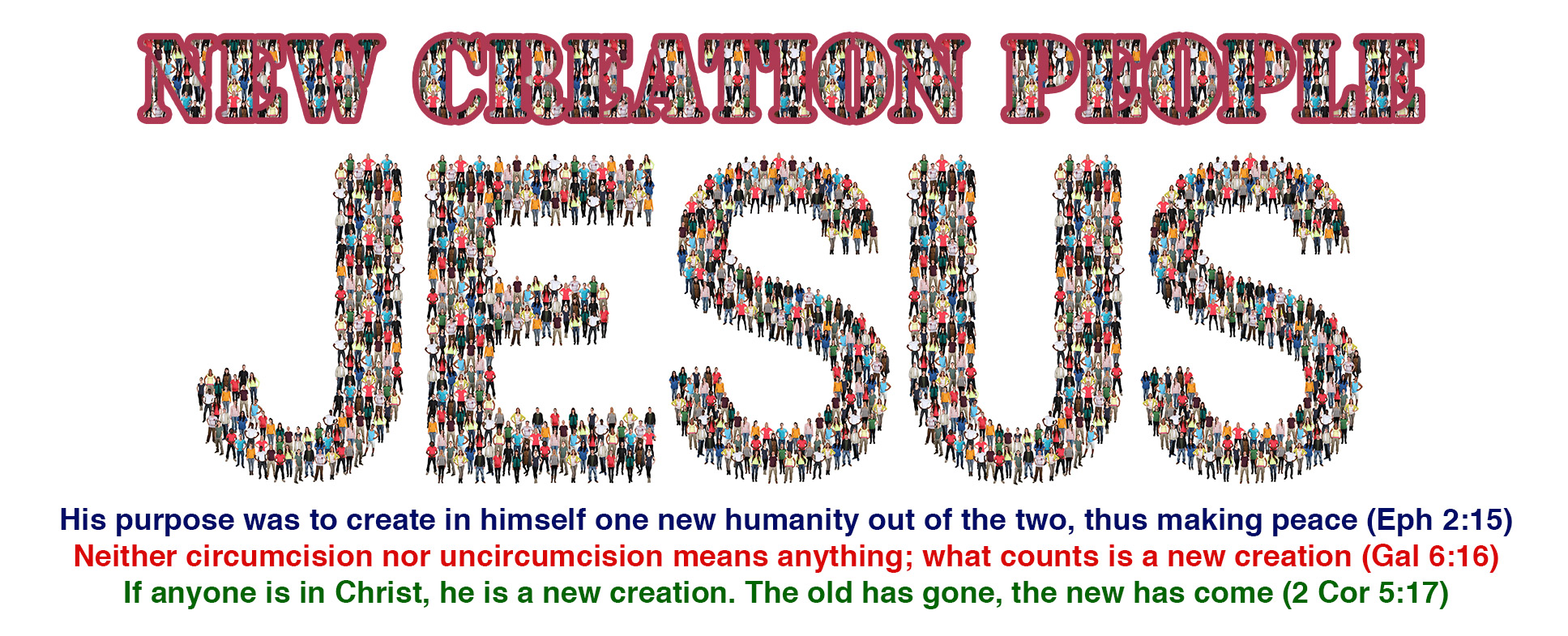CHAPTER ONE:
I gave my life to Christ on August 2, 1971. Throughout the 52 years since then, God has been faithful in guiding me and providing for me. In these fourteen chapters, I will share experiences I have had of God’s guidance and provision that have proven to me that He is real.
I started with faith in God, but without personal experience of God. My faith, given to God on August 2, 1971, was in response to the preaching I heard at Christ Church of Oak Brook, Illinois, during the summer of 1971. I was struggling with emptiness after I ended my engagement to marry a Catholic girl who had occupied the #1 position in my heart for a year. The faith I gave to God on August 2, 1971 was my response to the promise I heard through the preaching at Christ Church of Oak Brook: “Jesus gives fulfillment to life. Let God be in charge of your life and he will give you fulfillment.” I gave my life to God based on this promise, not based on any experience I had of God working in my life before that. I was motivated by the hope that God would act on my behalf as promised, replacing my inner emptiness with fulfillment. The rest of this paper will detail how God has made himself real to me and thereby given me great personal fulfillment since I gave him charge of my life.
In subsequent months after August 2, 1971, I learned that in giving God charge of my life, I was letting Jesus Christ be my Lord, my “boss.” I also learned that before I gave my God charge of my life, I had also needed Jesus to be my Savior. My process of commitment was thus the reverse of how I have observed that most people become Christians: Using the biblical terms “Lord” and “Savior” (which I didn’t have on August 2, 1971) most people (in my experience) initially receive Christ as Savior from their sins, and then (hopefully) commit to let him be Lord of their life. I did the opposite: I first committed myself to follow him as my Lord, and later learned from the Bible that I had been a sinner in need of him to be my Savior. I had needed his forgiveness for my sins, but on August 2, 1971 I didn’t know it: I wasn’t aware that estrangement from God due to my sins was my condition before him.
In time I learned from the Bible that Jesus Christ was always the Lord and King of this world that he created (John 1:3): “Through him all things were made; without him nothing was made that has been made.”, but all humans (including me) resisted his authority due to rebellion against his authority, which the Bible calls sin. This resistance, according to Jesus, is a disempowered state of spiritual imprisonment and enslavement: “He who sins is a slave of sin.” (John 8:34) Therefore, to be freed from this imprisonment in resistance to his authority as Lord of their lives, all humans needed him to become their Savior—to rescue them from this imprisonment and from its result, estrangement from God. He did this by being born in human flesh, living a perfect life, and dying an unjust death in their place in order to:
- Pay the punishment due them for their sins,
- Bridge the chasm between them and God caused by their sins, and
- Defeat the power sin had over them in their imprisonment to it.
Then Jesus rose from the grave, proving that his death was not the result of his own sins (Romans 6:23: “the wages of sin is death”), but the result of him accepting upon himself the punishment for the sins of all other human beings.
I also learned from the Bible that Jesus became our Savior through his life, death and resurrection, in order to enable us to embrace him as our Lord: “For not one of us lives for himself, and not one of us dies for himself. But if we live, we live for the Lord; and if we die, we die for the Lord. For to this end Christ died and lived again, that he might be Lord both of the dead and of the living.” (Romans 14:7-9). “He died for all, that those who live should no longer live for themselves, but for him who died for them and was raised again.” (2 Corinthians 5:15) Jesus sometimes used just two words when he called people to submit to his Lordship: “Follow me.”
To summarize my reverse process of coming to faith in Christ: I committed for Jesus to be my Lord by giving him charge of my life before I knew that I needed him to be my Savior. God accepted me because I sincerely committed myself to the “end” (Jesus as my Lord) though I had not first committed myself to “the means to the end”–him as my Savior. When I later learned from the Bible that he died to pay for my sins, I embraced this, also!
